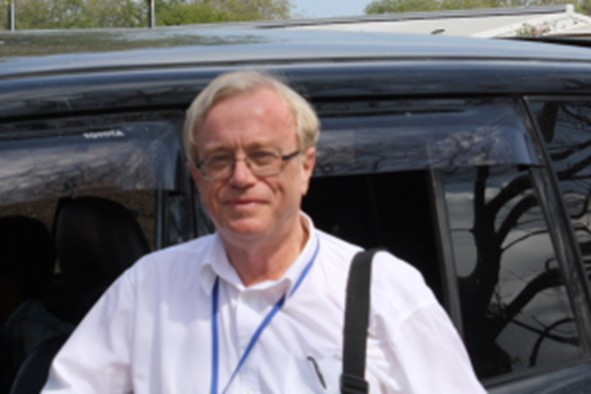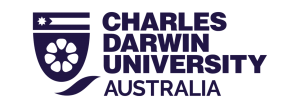
Adjunct Professor, Charles Darwin University
Islam and the Politics of Sexual Morality In Indonesia
Relations between nation states are defined by strategic, political and economic interests. They are also affected by matters of shared or sometimes incompatible understandings of social, cultural, historical and religious identities. Indonesian-Australian relations since Indonesian independence have been shaped by different systems of political order, of Indonesia’s experience of decolonisation, of democracy or authoritarianism. Indonesia and Australia are defined by their own understandings of public morality, of social order and of privileged cultural and moral values. Indonesia is a state ideologically defined by secular nationalism. It is also a state that must function within a society that consists of a large Islamic majority of its citizens. Islamic political parties seek representation in the national parliament. Islamic interests lobby the parliament and the executive to promote Islamic agendas. The secular state has not adopted Islamic Sharia law, with the exception of the province of Aceh. If Indonesia were to move towards the general application of Sharia law this would present a challenge to Australia in the bilateral relationship. It will be argued here that issues of public and private morality provide Islamic interests with opportunities to persuade the executive and the legislature to adopt Islamic moral precepts. This includes persuading the parliament to include in the criminal code sanctions against blasphemy, a national ban on alcohol and, recently, adultery as punishable by imprisonment.
Biography
Dennis Shoesmith’s field of research is the comparative politics of Southeast Asia. Originally, his research was concerned with Philippine politics and, specifically, the political role of the Catholic Church in the Philippines during the Marcos regime. Since 1999 he has focussed on Timor-Leste where his work on governance, state-building, democratic transitions, political party systems and electoral politics has attracted international recognition. He has been a consultant for the United Nations and for the United States Agency for International Development (USAID) in Timor-Leste. He was co-author in 2015 of a report commissioned by the Australian Department of Foreign Affairs and Trade on opportunities for trilateral cooperation between Australia, Indonesia and Timor-Leste in their shared sub-region. More recently, Dennis’ research has concentrated on Indonesia.
